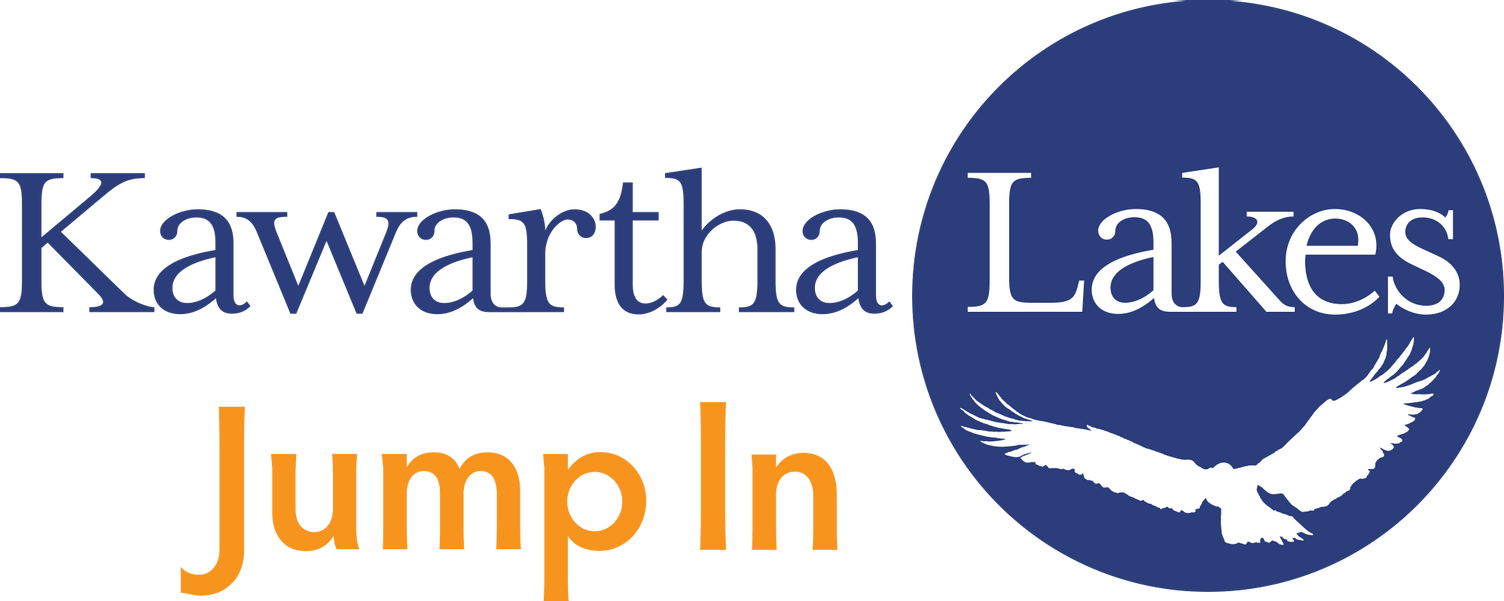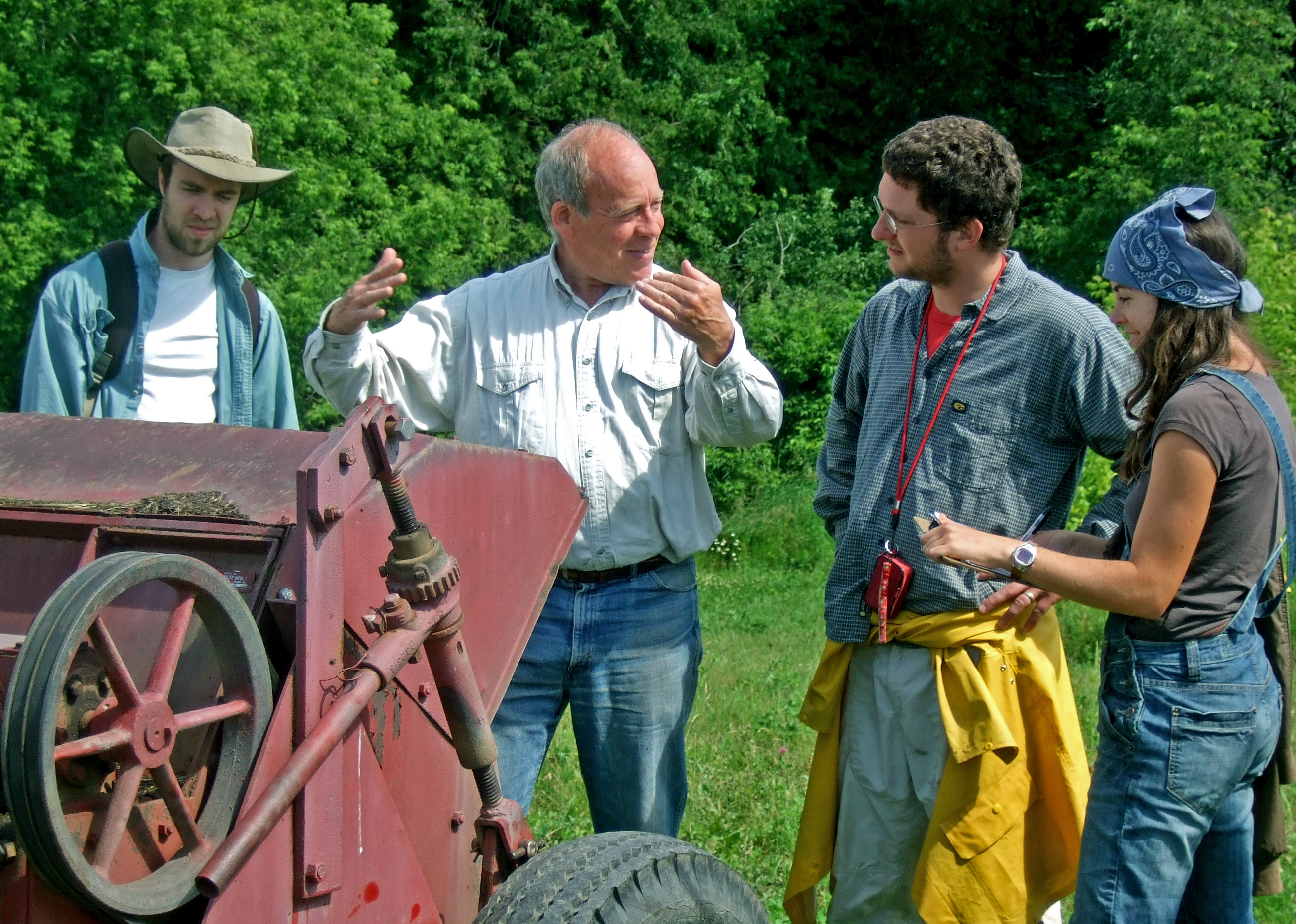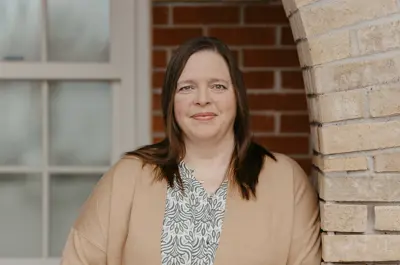The Kawartha Region Local Food Wholesale Project aims to build the capacity of the local economy in providing local food to consumers.
Participating local food producers and food buyers will build mutual understanding and lasting relationships and identify wholesale models that work for both sides of the wholesale relationship. By doing this together, with the assistance of a team of expert advisors, the group can expand access, networks of collaboration and support, and create greater availability of locally produced foods through local wholesale channels.
What benefits will this provide local food producers?
-
The utilization of an economy of scale will provide more time for farming and other interests by reducing time selling and delivering.
-
The ability to concentrate on the products each producer most enjoys producing.
-
Higher farm profits overall, even with the possibility that farm gate prices could be lower.
-
The chance to learn new skills to improve each farming operation and address common challenges.
-
The opportunity to learn new business management skills.
-
Knowledge of the unique needs of buyers who are interested in sourcing quality local food and the tools to work together to build a successful local food wholesale network.

 During this
During this



